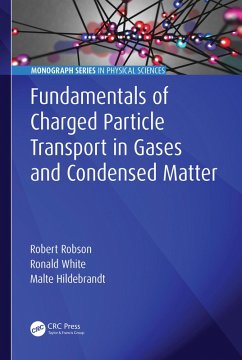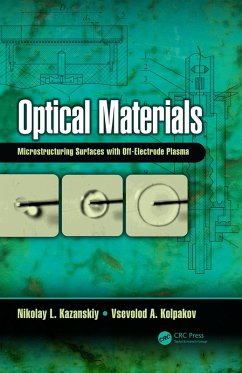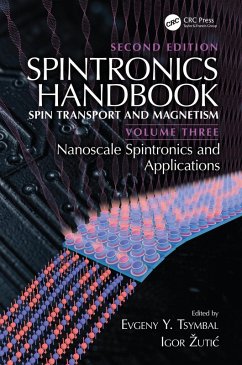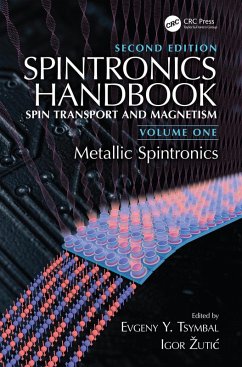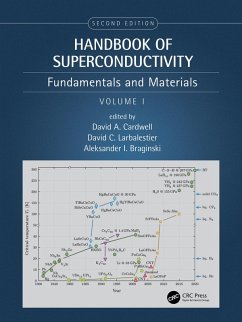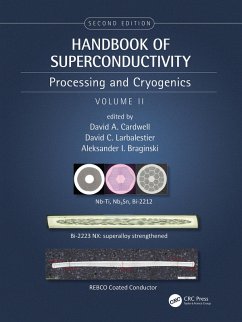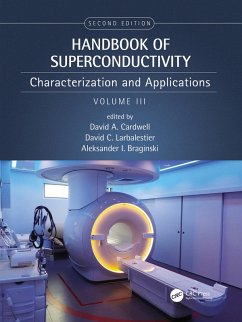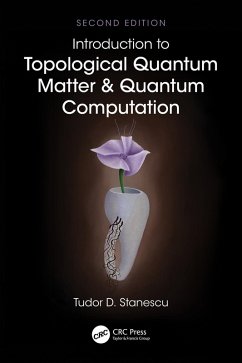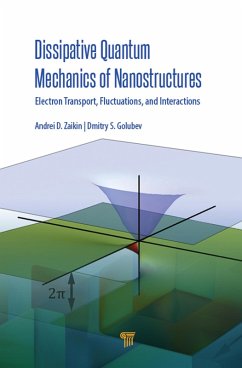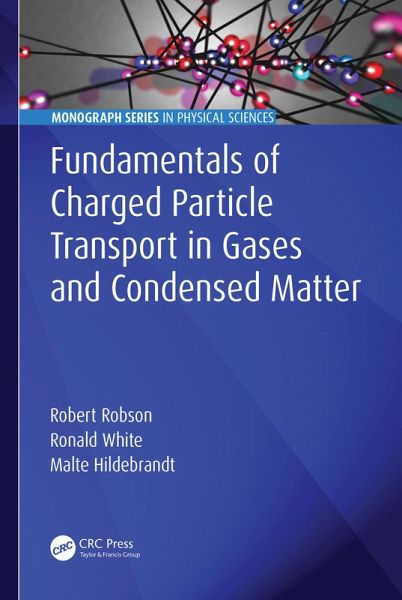
Fundamentals of Charged Particle Transport in Gases and Condensed Matter (eBook, PDF)
Versandkostenfrei!
Sofort per Download lieferbar
50,95 €
inkl. MwSt.
Weitere Ausgaben:

PAYBACK Punkte
25 °P sammeln!
This book offers a comprehensive and cohesive overview of transport processes associated with all kinds of charged particles, including electrons, ions, positrons, and muons, in both gases and condensed matter. The emphasis is on fundamental physics, linking experiment, theory and applications. In particular, the authors discuss: The kinetic theory of gases, from the traditional Boltzmann equation to modern generalizations A complementary approach: Maxwell's equations of change and fluid modeling Calculation of ion-atom scattering cross sections Extension to soft condensed matter, amorphous m...
This book offers a comprehensive and cohesive overview of transport processes associated with all kinds of charged particles, including electrons, ions, positrons, and muons, in both gases and condensed matter. The emphasis is on fundamental physics, linking experiment, theory and applications. In particular, the authors discuss:
Straightforward, physically-based arguments are used wherever possible to complement mathematical rigor.
Robert Robson has held professorial positions in Japan, the USA and Australia, and was an Alexander von Humboldt Fellow at several universities in Germany. He is a Fellow of the American Physical Society.
Ronald White is Professor of Physics and Head of Physical Sciences at James Cook University, Australia.
Malte Hildebrandt is Head of the Detector Group in the Laboratory of Particle Physics at the Paul Scherrer Institut, Switzerland.
- The kinetic theory of gases, from the traditional Boltzmann equation to modern generalizations
- A complementary approach: Maxwell's equations of change and fluid modeling
- Calculation of ion-atom scattering cross sections
- Extension to soft condensed matter, amorphous materials
- Applications: drift tube experiments, including the Franck-Hertz experiment, modeling plasma processing devices, muon catalysed fusion, positron emission tomography, gaseous radiation detectors
Straightforward, physically-based arguments are used wherever possible to complement mathematical rigor.
Robert Robson has held professorial positions in Japan, the USA and Australia, and was an Alexander von Humboldt Fellow at several universities in Germany. He is a Fellow of the American Physical Society.
Ronald White is Professor of Physics and Head of Physical Sciences at James Cook University, Australia.
Malte Hildebrandt is Head of the Detector Group in the Laboratory of Particle Physics at the Paul Scherrer Institut, Switzerland.
Dieser Download kann aus rechtlichen Gründen nur mit Rechnungsadresse in A, B, BG, CY, CZ, D, DK, EW, E, FIN, F, GR, HR, H, IRL, I, LT, L, LR, M, NL, PL, P, R, S, SLO, SK ausgeliefert werden.




